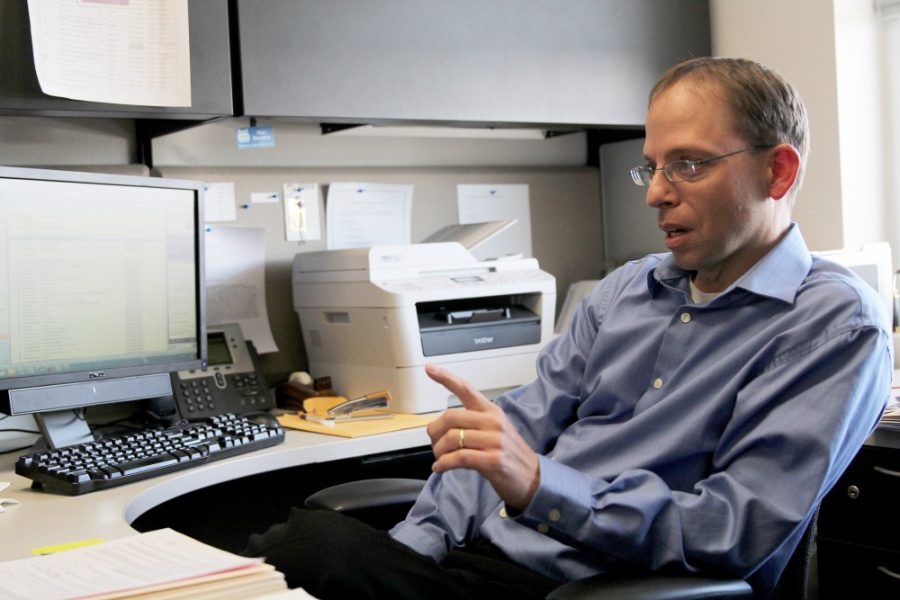Recognizing advisers who go beyond recommending classes is one method the UA has implemented to improve academic advising across campus.
The UA advising system underwent major changes 10 years ago and adviser recognition is just one part of the revamp. UA students can nominate advisers through the UA Program for Excellence in Academic Advising. The nomination deadline is Feb. 8 at 5 p.m. The Recognition Committee from the University Academic Advising Counsel selects the best nominated advisers who each receive $500 with the award.
“We’re trying to recognize excellence and find places that are doing things that students are responding to, and growing those,” said Roxie Catts, director of the Advising Resource Center and coordinator of Undergraduate Academic Advising.
In recent years, the addition of around 40 positions has almost doubled in the number of advisers. However, survey data states that accessibility to advisers is an issue for some departments, according to Catts.
“If students can get to an adviser they’re usually happy. It’s the not getting to them that makes them unhappy,” Catts said.
Students in departments in which advisers have larger caseloads have to wait longer to see their adviser and appointment scheduling can be particularly challenging during priority registration. The College of Education is one department that has priority advising.
“It was frustrating for me because I just wanted to go in and get it taken care of,” said Katherine Larned, a pre-education freshman. “I had to wait a month before I actually got an appointment time.”
Advising varies from college to college on campus. Each department has its own culture and needs, Catts said. As a result, there are different methods.
Eller College of Management has career coaches who mentor students, offer advice on resumes and give interviewing tips, while other colleges have online resources that can help students with basic questions. While developing tools to supplement the advising process is important and helps with an adviser’s caseload, “at the end of the day, there’s nothing that replaces the one-on-one conversation,” Catts said.
However, the changing college environment has affected how advising works. The recommendation of 400 students in an adviser’s caseload means something different in today’s standards than it did five years ago, according to Catts.
“It’s a more complicated world,” she said. “There’s more at stake for students.”
Alan Beaudrie, undergraduate coordinator in the College of Public Health, was recognized last year for his advising work.
Advisers are in a unique position on campus; every student has one and advisers are expected to know about academic requirements as well as outside opportunities, Beaudrie said.
Increases in tuition mean students have to work more and they’re juggling more, so stress and pressure is higher. The work environment is uncertain and more competitive, which means advisers need to know more these days to meet students’ needs.
Effective advising now focuses on the holistic, which means going beyond simply scheduling next semester’s classes, Catts said.
“Advising can be so much more,” Beaudrie said. “It’s about helping students have the best college experience possible.”









